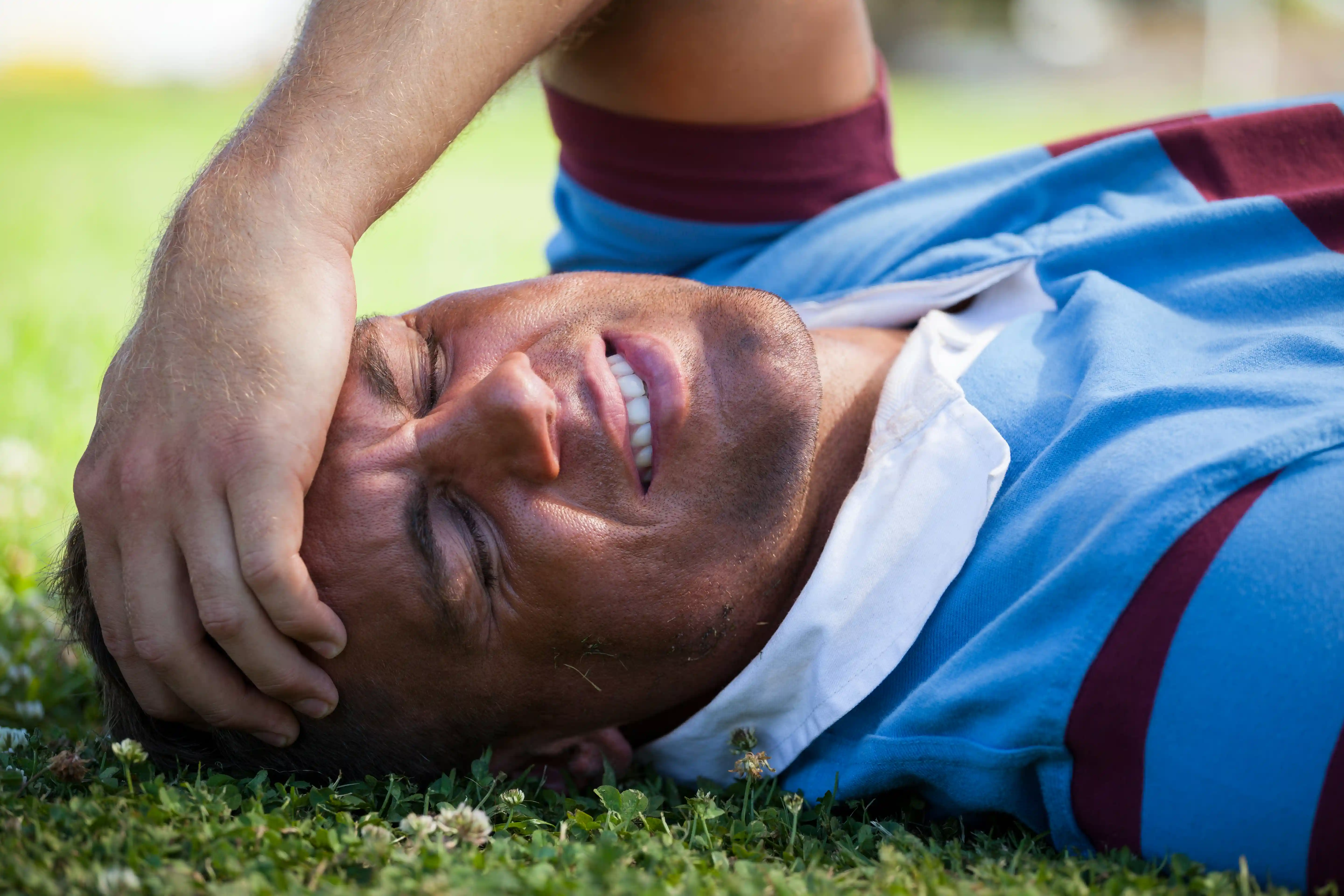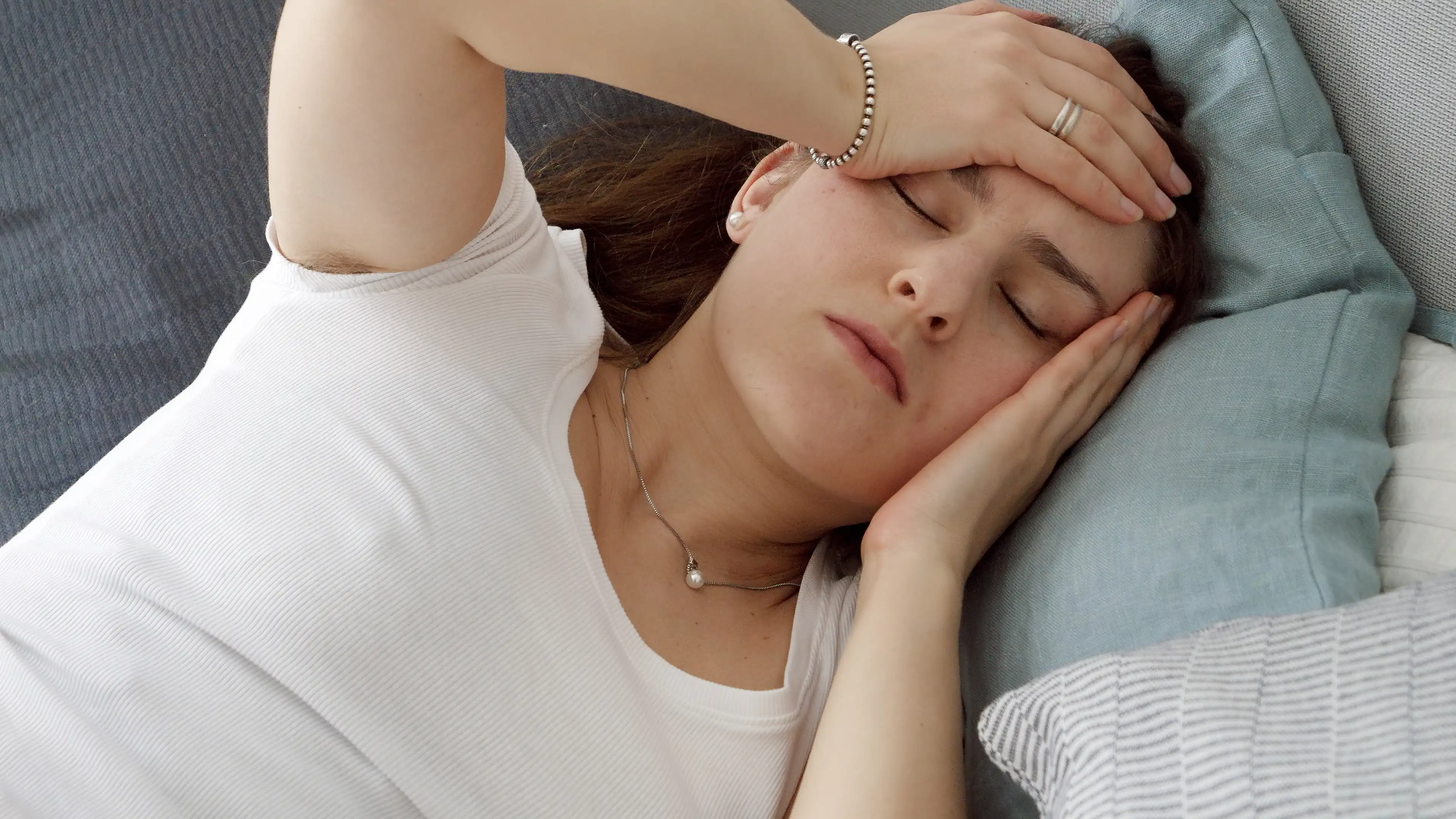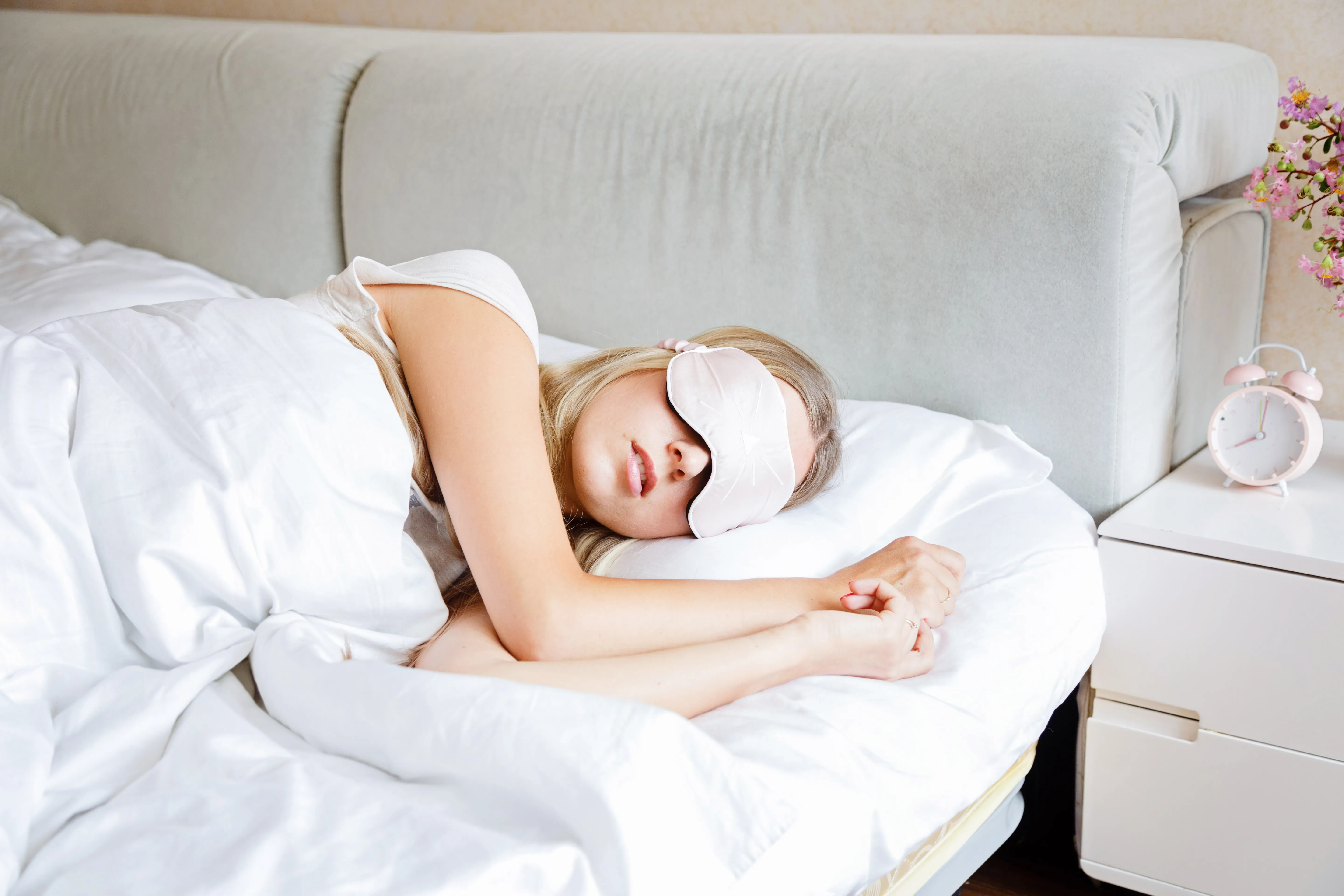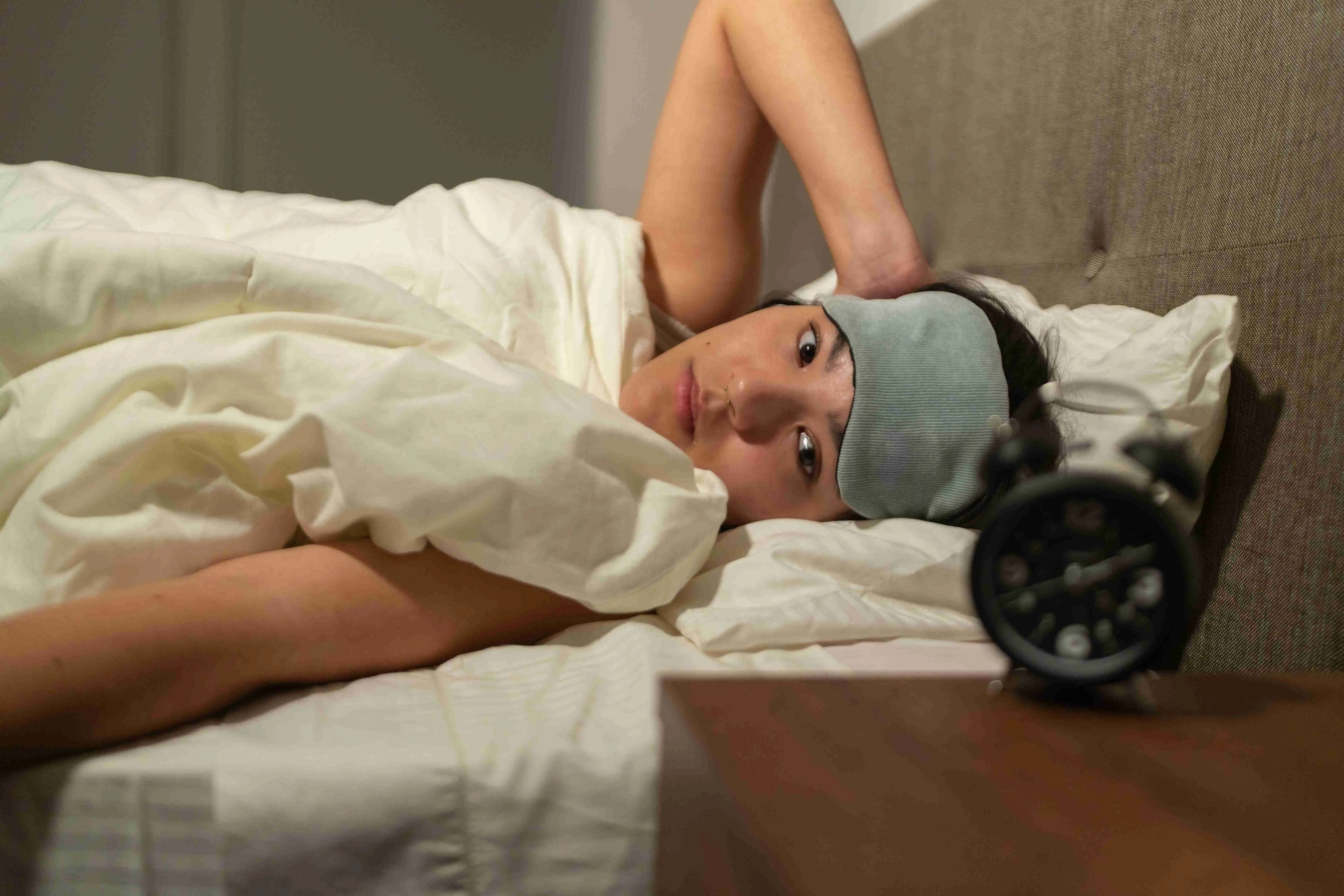Sleep plays a crucial role in physical health, aiding in recovery, brain function, and overall well-being. After an injury, especially one affecting the head, getting proper rest becomes even more important. However, concerns often arise when it comes to sleeping after a head injury, particularly a concussion.
Many people have heard the myth that sleeping after a concussion is dangerous, but in most cases, sleep is actually essential for recovery. However, certain precautions should be taken to ensure that no serious complications are present.
This article explores when it is safe to sleep after a concussion, the warning signs to watch for, and how to rest safely during recovery.
What is a concussion?

A concussion is a brain injury that affects normal brain function. It can be caused by direct blows to the head, falls, or rapid movements that shake the brain inside the skull.
While concussions are typically not life-threatening, they require proper care and monitoring to prevent complications. Symptoms can appear immediately or develop hours after the injury, making it essential to stay aware of warning signs.
Signs of a Concussion
Concussion symptoms can vary from person to person, but common signs include:
- Physical Symptoms: Headaches, dizziness, nausea, sensitivity to light or noise, and balance problems.
- Cognitive Symptoms: Confusion, difficulty concentrating, memory problems, and slowed thinking.
- Emotional Symptoms: Irritability, mood swings, anxiety, and depression.
- Sleep Disturbances: Trouble falling asleep, excessive sleepiness, or sleeping more or less than usual.
The Importance of Sleep in Concussion Recovery
Sleep is essential for brain healing, especially after a concussion. During sleep, the body undergoes crucial restorative processes, including reducing brain inflammation and clearing out toxins.
Getting adequate rest helps manage symptoms, improves cognitive function, and speeds up overall recovery. However, concerns often arise about whether sleeping too soon after a concussion could be dangerous.
Is It Safe to Sleep If You Have a Concussion?

In general, it is safe to sleep after a concussion, but the situation must be approached with caution. Here are a few key points to understand:
When It Is Safe to Sleep After a Concussion
- Doctor Has Cleared the Injury: A medical professional should evaluate the concussion to rule out serious complications like brain bleeding or swelling. If deemed mild, sleep can help with recovery.
- Person is Alert and Responsive: Before sleeping, the individual should be able to answer questions, follow instructions, and engage in conversation, indicating stable brain function.
- Symptoms Are Mild and Stable: Mild dizziness or headache is normal, but signs should not worsen. If confusion, severe pain, or drowsiness increases, seek medical attention.
- Someone Can Check on Them Periodically: Even if the concussion seems mild, having someone wake the person every few hours ensures symptoms aren’t worsening.
When You Shouldn’t Sleep Right Away
Although sleep is essential for healing, some symptoms indicate a severe brain injury requiring immediate medical attention. If any of the following occur, the person should stay awake and seek urgent care:
- Severe or Worsening Headache: Increasing pain may signal swelling or bleeding in the brain.
- Repeated Vomiting: More than one episode of vomiting suggests serious brain trauma.
- Slurred Speech or Difficulty Speaking: Struggling to form words may indicate impaired brain function.
- Loss of Consciousness or Extreme Drowsiness: Difficulty staying awake could be a sign of a life-threatening injury.
- Seizures or Convulsions: Seizures after a head injury require emergency medical attention.
- Weakness or Numbness in Limbs: Tingling or loss of strength in the arms or legs could suggest nerve or brain damage.
- Confusion or Unusual Behavior: Trouble recognizing people or places, agitation, or extreme confusion may indicate worsening brain function.
How to Sleep Safely After a Concussion

After the initial observation period, and if no severe symptoms are present, here are some guidelines to ensure safe and effective sleep while recovering from a concussion:
Avoid Napping During the Day
Excessive daytime napping can disrupt your sleep cycle, making it harder to get quality rest at night. While fatigue is common after a concussion, try to stick to a regular sleep schedule by sleeping at night and avoiding long naps.
Short naps (20–30 minutes) may be helpful if extreme fatigue persists, but avoid sleeping for extended periods during the day.
Keep the Room Dark and Quiet
A calm and comfortable sleep environment is essential for healing. Bright lights and loud noises can trigger headaches, dizziness, or sensitivity to stimuli—common concussion symptoms.
Use blackout curtains, a sleep mask, or an eye pillow to keep the room dark. Consider using white noise machines or earplugs to block out disruptive sounds.
Limit Screen Time Before Bed
Exposure to blue light from screens (phones, tablets, computers, and TVs) can interfere with melatonin production, making it harder to fall asleep. Additionally, screen use can strain the eyes and worsen headaches.
Avoid screens at least one hour before bedtime, and opt for relaxing activities like reading a book, listening to calming music, or practicing deep breathing exercises.
Gradual Return to Activity
Engaging in too much physical or mental activity too soon can worsen concussion symptoms and delay recovery. While complete rest is no longer recommended for extended periods, pacing yourself is key.
Start with low-intensity activities like walking and light stretching. Avoid strenuous workouts, intense concentration tasks, and prolonged screen time until symptoms improve.
Monitor Symptoms
Even if you feel fine before sleeping, concussion symptoms can change. Have a family member or friend check on you periodically, especially during the first 24–48 hours after the injury.
If symptoms like confusion, severe headaches, vomiting, or difficulty waking up occur, seek medical attention immediately.
Sleep on Your Back with Head Slightly Elevated
Sleeping on your back with your head slightly elevated can help reduce swelling and minimize pressure on the brain. Use a few pillows or an adjustable bed to prop up your head comfortably. Avoid sleeping on your stomach, as it may put unnecessary strain on your neck and head.
Consult a Healthcare Professional
If sleep disturbances persist for more than a few days, or if symptoms worsen, consult a doctor. Some people experience post-concussion sleep disorders, such as insomnia or excessive drowsiness. A healthcare provider can recommend treatments or adjustments to aid recovery.
FAQs
Is it true that you shouldn’t sleep after a concussion?
No, this is a common myth. In most cases, sleep is safe and beneficial after a concussion, as it helps the brain recover. However, it’s important to monitor for serious symptoms like worsening headaches, repeated vomiting, or confusion. If these symptoms appear, seek immediate medical attention.
When is it safe to sleep after a concussion?
It is generally safe to sleep once a medical professional has evaluated the concussion and ruled out severe complications. If the individual is alert, responsive, and shows no signs of worsening symptoms, they can sleep. Having someone check on them periodically during the first few hours can provide extra reassurance.
When should someone avoid sleeping after a concussion?
A person should avoid sleeping if they experience severe headaches, repeated vomiting, slurred speech, seizures, extreme drowsiness, or difficulty waking up. These symptoms may indicate a serious brain injury, such as bleeding in the brain, which requires immediate medical attention.
How should I sleep after a concussion?
It is recommended to sleep on your back with your head slightly elevated to reduce brain pressure and promote circulation. A quiet, dark room with minimal distractions can also improve sleep quality. Avoid sleeping on your stomach or in positions that put strain on the neck or head.
Why is sleep important for concussion recovery?
Sleep plays a critical role in brain healing by reducing inflammation, restoring cognitive function, and repairing damaged brain cells. Lack of quality sleep can prolong concussion symptoms, including headaches, dizziness, and difficulty concentrating. Prioritizing rest is essential for a full recovery.
Should someone wake up a person with a concussion every few hours?
For the first few hours after the injury, it may be helpful to wake the person every couple of hours to check for worsening symptoms. However, if they have been evaluated by a doctor and are stable, they should be allowed to sleep without interruptions to aid recovery.
Conclusion
Sleep is a vital part of the healing process after a concussion, helping the brain recover and reducing symptoms like headaches and fatigue. While it is generally safe to sleep following a mild concussion, it is crucial to monitor for warning signs of a more serious injury. If severe symptoms develop, immediate medical attention is necessary.
Jessica H.
Jessica is a reviewer, writer, and sleep enthusiast at Sleepiverse. Jessica graduated with her master's degree in Nursing research and education. She is a registered nurse and currently works in the Intensive Care Unit. Since becoming a nurse, Jessica has worked the night shift, which means a disrupted sleep schedule. Knowing she needed to function at her best while caring for patients at night, she spent a lot of time researching how to sleep well with a difficult schedule.


